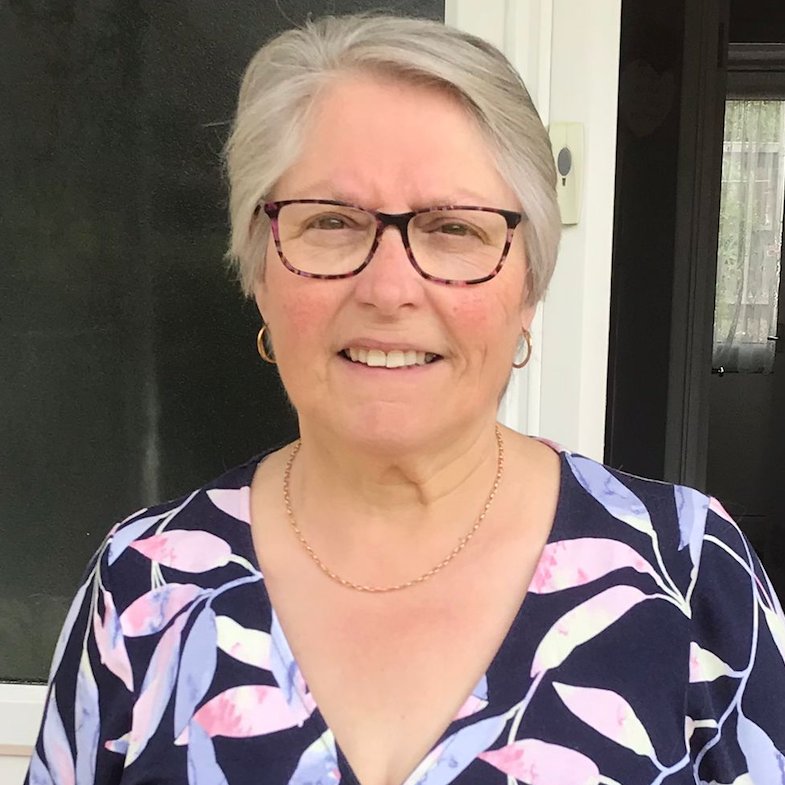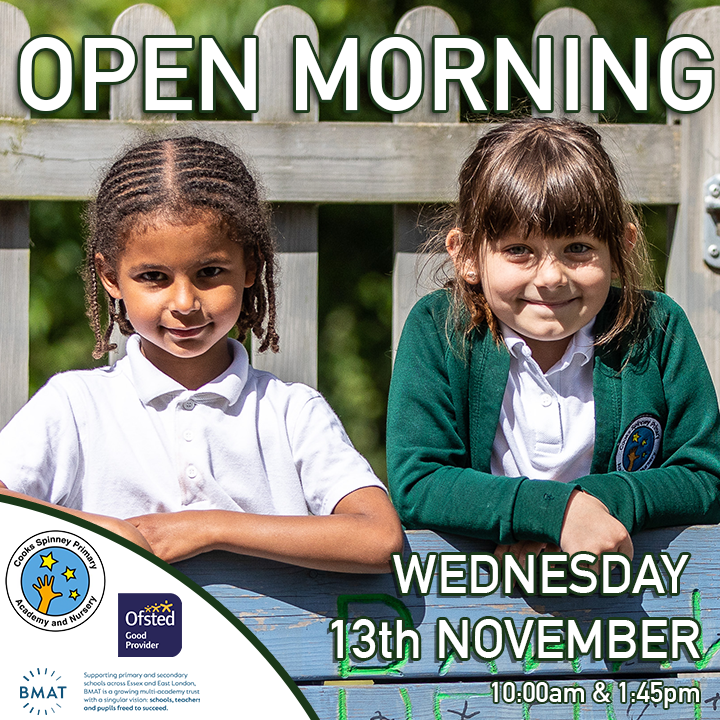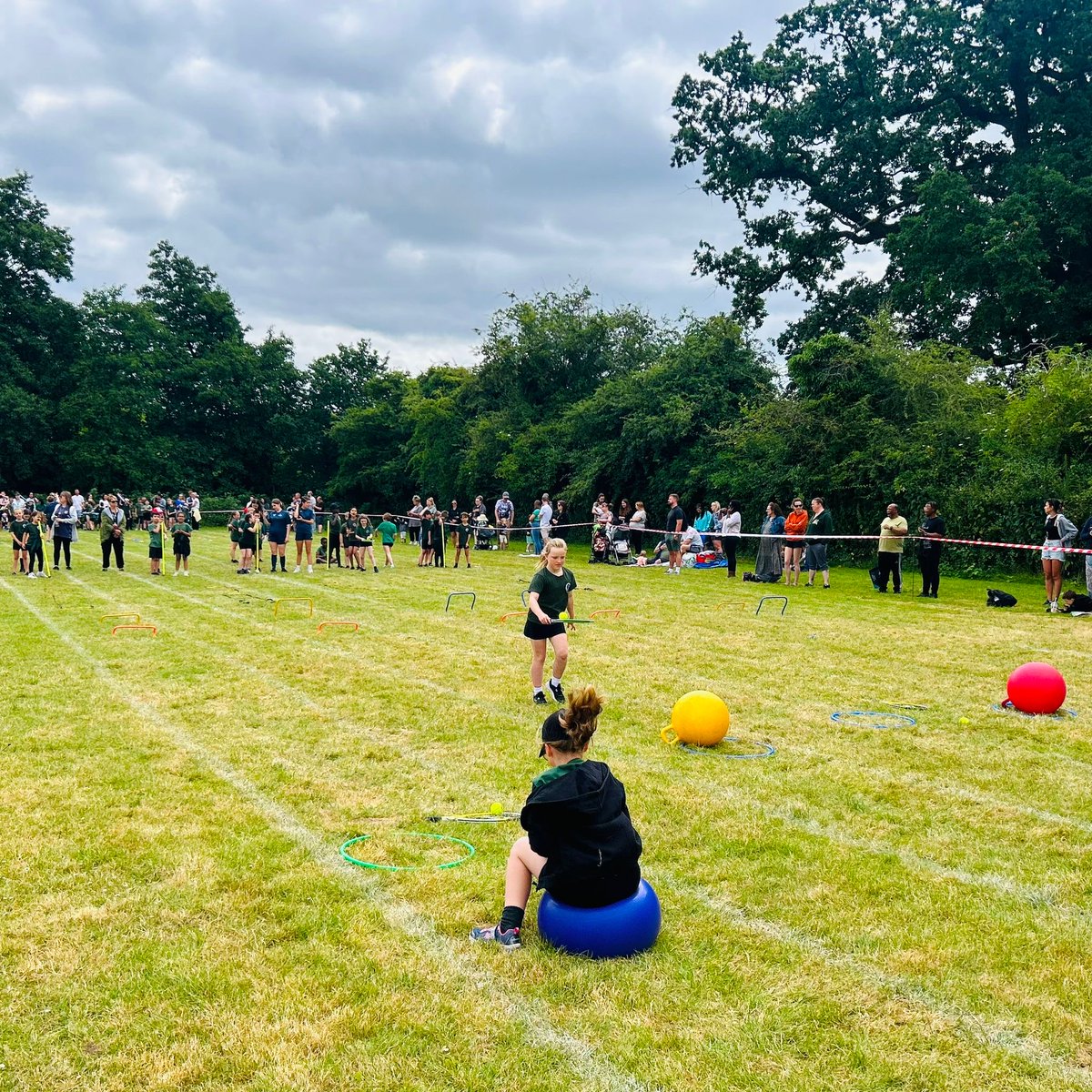English
English is taught using our set texts for each year group. These texts have been selected specifically for our curriculum.
Our full English curriculum overview can be downloaded at the bottom of this page.
The criteria for choosing the set texts are; cultural capital, challenge, vocabulary, variation and conceptual richness. We also consider how these texts build upon knowledge and concepts year after year. We review our literacy canon regularly to ensure our pupils are exposed to a diverse range of authors, cultures and characters.
Here’s one example: Aesop’s Fables is read in year 1 - a culturally important, challenging text that teaches us that stories contain messages. This then leads to Winnie the Pooh in year 2 which moves us from moral to theme, and from fable to short story. This leads to Charlottes's Web in year 3 which develops the themes found in Winnie the Pooh - the transformative power of love and friendship and is culturally significant and challenging. This then leads to Philip Pullman’s Clockwork in year 4; again the book develops the theme of love's transformative power but also introduces a contemporary writer and a meta-story within a story (an idea that will come up again and again in fiction). Ultimately, this reading route can carry our pupils to the most complex texts ever written.
Our Literacy Canon
Please see below for a list of our set texts for the current academic year. A copy of each book will be provided to each pupil for English lessons.
EYFS
The set texts, traditional tales and topic books for Nursery and Reception can be viewed by clicking HERE
Year 1
The Oliver Jeffers Picture Book Collection by Oliver Jeffers (2007)
Aesop's Fables retold by Michael Morpurgo (2004)
The Story Tree by Hugh Lipton (2005)
Introduction to Poetry (Selected poems with an animal theme) including Brian Patten and Lord Tennyson.
Little People, Big Dreams: Treasury by Maria Isabel Sanchez Vegara (2021)
Amazing Grace by Mary Hoffman (1990)
Shine by Sarah Asuquo (2020)
Year 2
Look Inside Space by Rob Lloyd Jones (2012)
A Midsummer Night's Dream by William Shakespeare (retold by Andrew Matthews) (2003)
Little People, Big Dreams: Treasury by Maria Isabel Sanchez Vegara (2021)
The Enchanted Wood by Enid Blyton (1939)
Winnie the Pooh by A.A. Milne (1921)
Greek Myths retold by Geraldine McCaughrean (1993)
Year 3
The Iron Man by Ted Hughes (1968)
Beowulf retold by Rob Lloyd Jones (2009)
Traditional Tales by Various Authors
The Magic Finger by Roald Dahl (1966)
Charlotte's Web by E.B. White (1952)
The Street Beneath my Feet by Charlotte Guillain (2017)
Year 4
Roman Diary – the Journal of Iliona – a Young Slave by Richard Platt (2014)
The Malfeasance by Alan Bond (1990)
The Hippocrump by James Reeves (1957)
Alice's Adventures in Wonderland by Lewis Carroll (1865)
The Lion, The Witch and the Wardrobe by C.S. Lewis (1950)
Clockwork by Philip Pullman (1996)
Year 5
Holes by Louis Sacher (1998)
Harry Potter and the Philosopher's Stone by JK Rowling (1997)
Kick by Mitch Johnson (2017)
Overheard in a Towerblock: Poems by Joseph Coelho (2017)
Kensuke's Kingdom by Michael Morpurgo (1999)
Thief! by Malorie Blackman (1995)
Year 6
Skellig by David Almond (1998)
A Monster Calls by Patrick Ness (2011)
Letters From The Lighthouse by Emma Carroll (2017)
Selected Speeches including Martin Luther King and Malala Yousafzai
The Lost Spells by Robert Macfarlane & Jackie Morris (2017)
The Write Stuff
In KS2, extended writing is taught using the highly successful 'The Write Stuff' approach. This method allows pupils to improve their oracy and widen their vocabulary whilst deepening their understanding of writing choices. For more information about this approach, please click here
Specific Areas of Learning
Cooks Spinney's English curriculum focusses on the following areas of learning:
Language Development
We develop pupils’ spoken language, reading, writing and vocabulary as integral aspects of the teaching of every subject. English is both a subject in its own right and the medium for teaching; for pupils, understanding the language provides access to the whole curriculum. Fluency in the English language is an essential foundation for success in all subjects.
Speaking and Listening
One of our core values (5 A's) is being articulate. At Cooks Spinney, pupils are taught to speak clearly and convey ideas confidently. They learn to justify ideas with reasons; ask questions to check understanding; develop vocabulary and build knowledge; negotiate; evaluate and build on the ideas of others; and select the appropriate register for effective communication.
Reading and Writing
Pupils are taught to read fluently, understand extended prose and are encouraged to read for pleasure. Classrooms are well stocked with fiction, non-fiction and poetry books; and we set ambitious expectations for reading at home. Pupils develop the stamina and skills to write at length, with accurate spelling and punctuation. They are taught the correct use of grammar (see our Grammar and Punctuation Plan at the bottom of this page for more information). The writing they do includes narratives, explanations, descriptions, comparisons, summaries and evaluations: such writing supports them in rehearsing, understanding and consolidating what they have heard or read.
FOR MORE INFORMATION ABOUT OUR english CURRICULUM PLEASE MAKE AN APPOINTMENT ON 01279 437590



















































